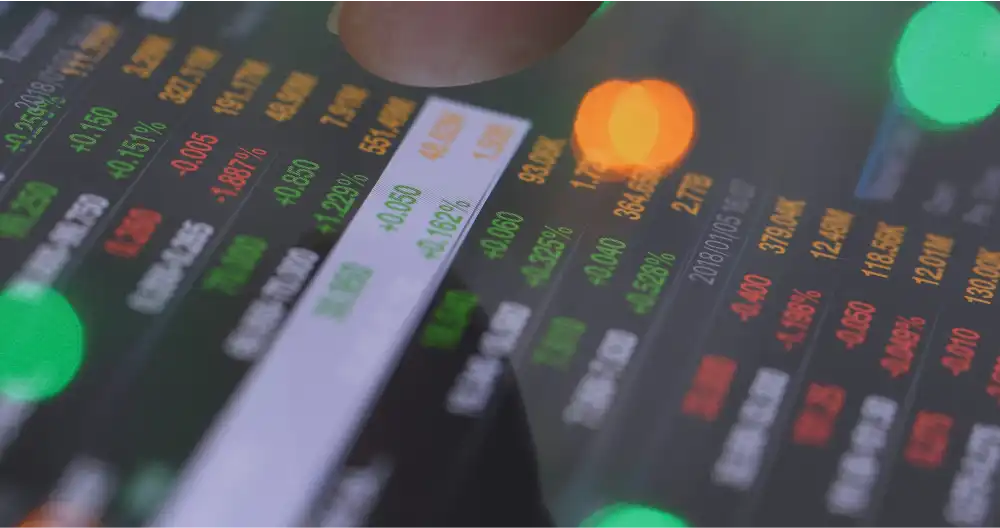
Q2 2019
In the second quarter of 2019, equity markets experienced a cooling off period after the impressive gains seen in the previous quarter, particularly in China. Ongoing trade tensions between the US and China, overvalued sectors, Brexit uncertainty, slowing global economic growth, and concerns about a late-cycle recession persisted.
Despite these challenges, many markets still saw gains, and there was speculation about a potential "melt-up" in equity markets during the summer season. However, certain conditions would need to be met for this to happen. Resolving the US-China trade war or avoiding further escalation would be positive for markets. The US second-quarter earnings season needed to deliver growth in earnings per share, and improved global economic growth and more accommodative US interest rates from the Federal Reserve were also desired.
Although achieving all these factors in the coming months was challenging, 2019 had already been profitable for stock market investors who took advantage of the market low in December and January. Additionally, US political influences and the upcoming US presidential elections in November 2020 could further impact markets.
US markets reached new highs in the second quarter, with gains of 2.5-4% in the main indices. The Walt Disney Co, Walmart Inc, American Express Co, JPMorgan Chase & Co, Microsoft Corp, and Facebook all experienced notable movements. However, the star performer of 2019 so far was Russia, with a 15% rally in the second quarter following a 12% increase in the first quarter. Russian companies paying larger dividends, favorable oil prices, and interest rate cuts by the Bank of Russia contributed to this performance. Brazil also saw gains of almost 6%, benefiting from the election of President Jair Bolsonaro and his anticipated policies.
Other markets experienced more modest gains, with mid-single-digit percentage increases being the average. UK indices performed poorly, particularly blue-chips and mid-caps, while AIM and small-cap shares fell out of favor. The contest for Tory Party leadership and British prime minister, along with ongoing Brexit uncertainty, created unsettling conditions. However, this uncertainty also presented opportunities for investors looking for undervalued stocks.
Cyclical sectors such as Financials, IT, Consumer Discretionary, and Materials performed well, while Healthcare faced challenges due to potential pricing legislation changes. Defensive sectors made modest gains, and Energy stocks underperformed.
Government bond yields fell as prices rose, reflecting concerns about global economic weakness. Corporate bond markets delivered positive total returns and outperformed government bonds.
Oil prices declined despite geopolitical tensions, while gold reached six-year highs due to a weaker US dollar and geopolitical issues.
In terms of funds, the Super 60 funds performed as expected in both absolute and relative terms, delivering positive returns year to date. The majority of funds ranked in the 1st and 2nd quartile compared to peers over 3 and 5 years. Most active managers outperformed their benchmarks over the same periods.
In the second quarter, Man GLG Continental European Growth was the best-performing fund, followed by iShares Physical Gold ETC GBP and FP CRUX European Special Sits. Fidelity China Special Ord, which performed well in the first quarter, faced challenges in the second quarter due to US-China trade war concerns. WisdomTree Enh Cmdty ETF GBP Hedged Acc and Schroder Income Growth Ord were among the lowest returning funds. Over a five-year period, Baillie Gifford Shin Nippon Ord stood out as the top performer, followed by Legg Mason IF Japan Equity, Fundsmith Equity, and Scottish Mortgage Ord.
